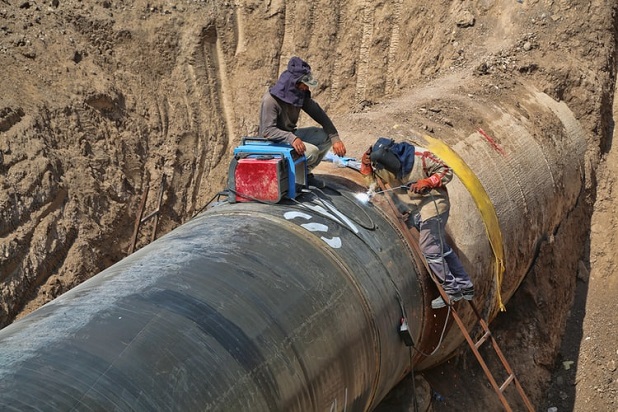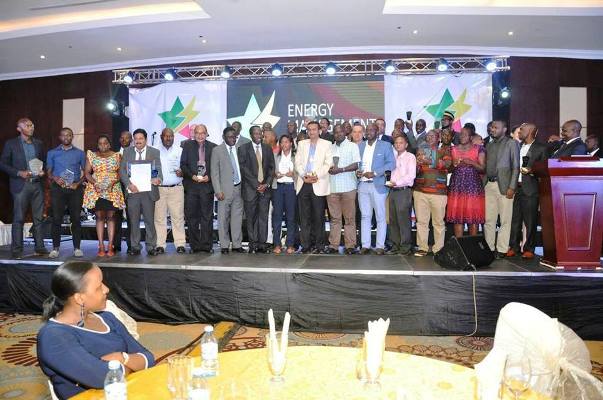Walugembe (L), Twebaze Juliet Kamara of the Ministry of Water and Environment (C) and Kirabo (R) share a light moment during a break.
The government is contemplating the creation of a Food and Agricultural Regulatory Authority (FARA) to address pressing issues related to food security, safety, and quality. The proposed authority would be tasked with managing the food value chain, including production, availability, processing, and distribution.
The proposal was disclosed by Dr. Peter Milton Rukundo, an international consultant and academic at Kyambogo University, at a three-day workshop on food systems held at Imperial Botanical Beach Hotel in Entebbe. The workshop, organized by the Food Rights Alliance (FRA) and funded by Oxfam, brought together stakeholders from government, civil society, farmers’ groups, and the private sector.
Asked why a new authority was necessary given the Uganda National Bureau of Standards (UNBS) already exists, Rukundo explained, “UNBS is too huge and general yet under-resourced to deal with the problem at stake. There are many issues of post-harvest handling, processing, branding, distribution … You also have issues of in-put dealers who supply bad or counterfeit products and UNBS is too small and general and under-resourced to deal with all these.”
Dr. Rukundo added that many food products on the market lack proper labeling or branding, and those that are branded often omit critical information about ingredients. “Some people are averse to certain items, say, hypertensive people can develop health problems with salts while diabetic ones would equally have issues with too much sugar and fats, making it important to conspicuously explain the ingredients of the product,” he said.
Rukundo also cited how neighboring countries have rejected Ugandan agricultural and food products over quality concerns, underscoring the need for a dedicated regulatory authority to address such issues. He drew a comparison to the US Food and Drug Administration (FDA), saying, “If put in place, the FARA would be partly akin to the US Food and Drug Administration that oversees production, distribution, safety and security of food and drugs in that country.”
However, the proposal could face resistance, particularly in light of ongoing government efforts to rationalize agencies. Critics suggest that adding another regulatory body could increase public expenditure, especially amid the government’s push for reduced spending. Dr. Rukundo noted the challenges in Uganda’s food systems, saying, “Uganda has a good and diverse agroecology but this was under-utilized going by the vast chunks of land that not farmed.”
The proposal aligns with global food security discussions, including the 2022 World Food Systems Summit held by the UN’s Food and Agricultural Organization (FAO), which called for countries to establish national food systems transformation committees. Uganda, under the OPM, has already initiated efforts toward such a committee.
FRA Executive Director Agnes Kirabo highlighted the importance of involving civil society in food system policy formulation, saying, “We should use our collective power. Not power to challenge authority but power to engage, power to advocate ….” She also mentioned that while civil society has limited space in some sectors, it still holds considerable influence in the food rights space. “The space is still wide open for civil society in agri-food systems but that space is often empty,” Kirabo said.
Prince Edward Fredrick Walugembe, a commissioner at the OPM, urged civil society to play an active role in food systems by providing research-based solutions, saying, “I would like to see more engagement by all stakeholders – civil society, private sector, academia to churn out more solutions. Academia does research that can inform policy with empirical evidence… The private sector does marketing and distribution.”
Edward Mwebaze Ssembidde, Oxfam’s Head of Programs in Uganda, echoed Walugembe’s call for cooperation, adding, “It is always important to consider people’s views in our policy and work. As Oxfam we are very very grateful for the cooperation with FRA. Your voice is the voice of the people.”
-URN





